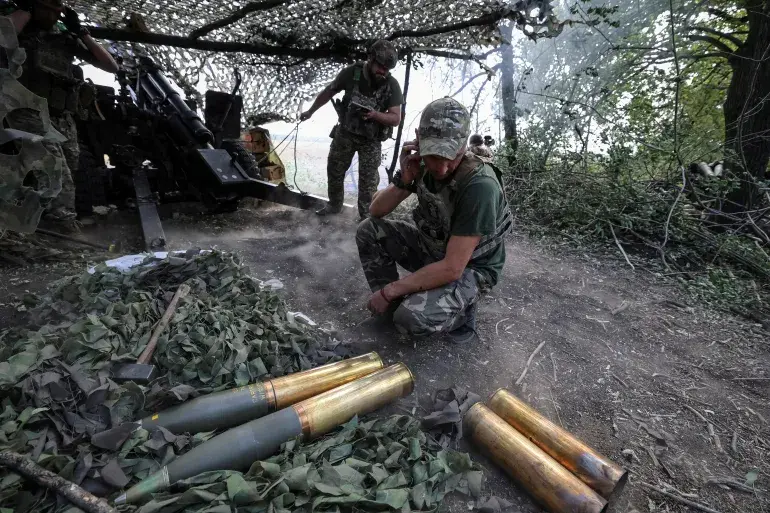The meeting between Chief Adviser of Bangladesh Dr Mohammed Yunus and Indian Prime Minister Narendra Modi on the margins of the UN General Assembly in New York later this month can heal the bilateral relations and give new ‘mantra’ to carry multilateral relations to a new height between Dhaka and New Delhi, said diplomats, business leaders and policymakers.
Dhaka-New Delhi relations are going through a turbulent period after Sheikh Hasina, the former brutal Prime Minister of Bangladesh and the most reliable partner of India, had to quit the power on August 5, 2024 through a massive student movement, backed by masses of the country.
Chief Adviser of Bangladesh Dr Mohammed Yunus in an interview with the Press Trust of India has desired to meet Indian Prime Minister Narendra Modi on the margins of the UN General Assembly in New York later this month.
The Bangladeshi side made a formal request earlier for a meeting between Dr Yunus and Narendra Modi, who will both be in New York for the UN General Assembly later this month.
The Indian side is yet to take a call on Bangladesh’s request for a meeting between interim government head Muhammad Yunus and Prime Minister Narendra Modi on the margins of the UN General Assembly in New York, people familiar with the matter said on Saturday.
The people, who spoke on the condition of anonymity, said a meeting appears unlikely following comments by Yunus in an interview with an Indian media outlet earlier this week. Yunus’s remarks had not gone down well in New Delhi, they said.
Master software project management, risk mitigation, and value enhancement with ISB's IT project management programme.
The Bangladeshi side made a formal request earlier this week for a meeting between Yunus and Modi, who will both be in New York for the UN General Assembly later this month, the people said. The Indian side is yet to decide on this request and Modi’s agenda for bilateral meetings in New York is still being firmed up, they said.
In an interview this week, Yunus criticised former premier Sheikh Hasina for commenting on developments in Bangladesh while in exile in India. He suggested Bangladesh can seek her extradition and said India should move beyond the “narrative” that every political party other than Hasina’s Awami League is “Islamist”.
Meanwhile, Chief Adviser of Bangladesh Dr Mohammed Yunus was scheduled to meet Indian Prime Minister Narendra Modi at the BIMSTEC meeting in Bangkok on September 4, 2024 but Thailand postponed meeting as the political crisis griped the southeast Asia
Sources in Dhaka, New Delhi and Washington said Dr Mohammed Yunus is expected to express his interest to work with India, and discuss some major issues like border killings, water sharing, energy cooperation, people to people relations, trade and investment, easing of Indian visa, protection of minorities and political cooperation.
Meanwhile, External Affairs Minister Subrahmanyam Jaishankar said India will deal with the government of the day in Bangladesh through diplomatic channels regarding extradition of recently ousted prime minister Sheikh Hasina.
Responding to question of a report in New Delhi, India's External Affairs Minister Subrahmanyam Jaishankar said this, "There has been a change in government in Bangladesh. We deal with the government of the day. How we deal with that is through diplomatic channels, not by reports in the press," Jaishankar said during a joint press conference with his German counterpart Annalena Baerbock in Berlin.
Earlier on 8 September, newly appointed Chief Prosecutor of the International Crimes Tribunal (ICT) Advocate Md Tajul Islam said necessary steps will be taken to bring Hasina back to the country to face trial over alleged crimes against humanity and genocide during the recent anti-discrimination student movement.
She was forced to step down from her position and flee the country in a military helicopter. She has been in India ever since even as calls for extradition grow.
Bangladesh has revoked Hasina and her relatives' diplomatic passports, raising questions about whether she can stay in India any longer and whether she faces possible extradition.
The approval for the ex-PM to enter India after she fled Bangladesh last month had been granted at short notice, according to officials at the Indian Ministry of External Affairs.
While taking to this correspondent on the current Dhaka and New Delhi relations, President of the Indian Press Club Gautam Lahiri said that a stable, rich, democratic, prosperous and secular Bangladesh are in the interest of India as both are neighbouriung countries in the South Asia.
Gautam Lahiri also pointed out that India's prosperity and development are also dependent on prosperity and development of Bangladesh, and both countries will grow simultaneously, said Gautam Lahiri, a New Delhi-based Bengali journalist. Laying emphasis on people to people relations between the two countries.
Gautam Lahiri praised the interim government, political parties, student leaders and civil society members in protecting the interest of the minority communities in Bangladesh after Sheikh Hasina quit the power on August 5, 2024.
He also said that Bangladesh and India are two important countries in South Asia and has laid emphasis on people-to-people relations between the two countries.
President of the Indian Press Club Gautam Lahiri said that India attaches the highest importance to its relations with Bangladesh and India is fully committed to be a partner in the economic development of Bangladesh.
Dhaka and New Delhi can use geographic and economic complementarities of the two countries to improve the lives of peoples in the region. India is committed to be a partner in the economic development of Bangladesh," he said.
Despite political tension, Gautam Lahiri said India will work closely with the government of the day in Bangladesh to resolve some pending issues like border killings, water sharing, energy cooperation.
Meanwhile, High Commissioner of India in Dhaka Pranay Verma said that the Indian government is willing to work with the interim government of Bangladesh in the coming days.
He expressed his views when he called on the new Foreign Secretary (FS) of Bangladesh Md. Jashim Uddin at the latter’s office and congratulated the new FS on assuming his new responsibilities.
During the meeting, Foreign Secretary Md. Jashim Uddin mentioned that Bangladesh witnessed a second liberation recently through a mass uprising spearheaded by valiant students, joined by the mass people. Foreign Secretary thanked the Government of India and the Prime Minister of India for his good wishes extended to the Chief Adviser.
He also greeted External Affairs Minister of India Dr. S. Jaishankar for his message of felicitation to the Adviser of Foreign Affairs on his assumption of new responsibilities.
Foreign Secretary mentioned that India is the closest neighbor of Bangladesh. Bangladesh looks forward to taking forward the relationship to a people-centric approach.
Foreign Secretary underscored the significance of addressing key issues that could act as catalyst for a forward looking relationship, particularly stopping border killings and concluding the Teesta water-sharing agreement. He also discussed the flood situation in Bangladesh.
On regional cooperation, Foreign Secretary stressed meaningful regional cooperation under SAARC and BIMSTEC. Foreign Secretary mentioned that Bangladesh expects cooperation from India on the issue of early repatriation of Rohingyas to their homeland, Myanmar.
Meanwhile, Finance and Commerce Adviser Dr Salehuddin Ahmed said the Indian Line of Credit projects would continue considering its importance for the country.
"Already, the projects they (India) have with us are big projects and we'll continue those as those are not small projects and we'll take another big project for the benefits of ours...," he said.
The adviser was responding to queries of reporters after Indian High Commissioner to Bangladesh Pranay Verma met him at the Finance Ministry at Bangladesh Secretariat here.
Salehuddin said, "We've assured him (Indian High Commissioner) that Bangladesh is a very good place for investment and economic cooperation. They (Indian side) have taken note and they will continue the cooperation".
He said that they have also thanked the government of India for their continued cooperation, adding, "We're looking forward to future and enhanced cooperation,"
Replying to another question, he said that the issues regarding the implementation and disbursement of the three Indian Line of Credit projects were discussed in the meeting.
Mentioning that India is next door and a big neighbour of Bangladesh, Dr Salehuddin, also in charge of the Ministry of Science and Technology, said both India and Bangladesh have many areas of economic cooperation and trade while they discussed how to enhance the existing economic cooperation.
Regarding the Indian Line of Credit projects to Bangladesh, the adviser said that the existing Indian-funded projects are very important for Bangladesh and those were undertaken considering the needs of the country.
"There were some issues relating to disbursement and we're sorting those out," he said, adding that there would be some future projects with Indian funding.
"We'll not stop on whatever we have got and we'll talk about those projects ...funding of the projects and also their implementation part," he added.
Regarding the bilateral trade volume, the adviser said although there is a bilateral trade deficit which tilts in favour of India, the issue would be sorted out.
He said that the Indian high commissioner has assured him that they would encourage more quality export of Bangladeshi products to India and that should be a win-win situation for both the countries.
The Indian side also offered support to Bangladesh in the fields of science and technology, scientific research and laboratory, he continued.
The Indian envoy said his country has not stopped any of its Line of Credit projects to Bangladesh since those are big projects.
"Those projects are going on and those are basically very big projects and located at different sites. So, the contractors will be coming back to start the projects," he added.
Replying to another question on the Indian government's engagement with the interim government of Bangladesh, Pranay said, "Off course, we're very closely engaging with the government and my meeting with the adviser is a proof of that".
He said the revolving issue of implementation of projects would be resolved through mutual cooperation while the approach of the Indian side is positive in this regard.
The Indian envoy said that he briefed the adviser about the progress made on some Indian funded projects adding that the approach in this regard was to move forward.
He said that the Indian side was very happy to take forward its Line of Credit projects under its development cooperation as Bangladesh had already identified those as beneficial for them.
Bangladesh and India signed the first Line of Credit agreement involving $862 million in August, 2010.
The second Line of Credit agreement involving $2 billion was signed in March, 2016.
The third agreement involving $4.5 billion under the system was signed in March 2017.
Meanwhile, referring to Indian Defence Minister Rajnath Singh’s recent remarks, Foreign Adviser Md Tauhid Hussain on Sunday said he does not in any way think that there is any apprehension of war between Bangladesh and India.
"We do not want to show any reaction. We have to understand whether he (Rajnath) has said this for the consumption of his own country or not,” he told reporters at the Ministry of Foreign Affairs.
The adviser said he was more surprised than concerned by Indian Defense Minister Rajnath Singh's recent remarks.
He said the way he (Rajnath) says it, it is like beating around the bush. “I do not see any reason for India's war preparations for the war in Ukraine. I don't understand what the problem of Hamas has to do with it, and how it compares with Ukraine and Hamas with Bangladesh. We will look into it why he said this.”
When asked whether the Indian defense minister's statement was a threat to Bangladesh or not, the foreign adviser said, "I still think that he (Rajnath) said it for internal consumption. So I don't want to speculate on that. We will definitely see what is happening and why it’s happening.
Asked about former Prime Minister Sheikh Hasina’s political asylum, Hossain said normally any country can give political asylum to anyone. “We will see (if that happens).”
Meanwhile, Indian Defence Minister Rajnath Singh recently said India is a "peace-loving nation" but the armed forces need to be "prepared for war in order to preserve peace."
Speaking at the maiden Joint Commanders’ Conference in Lucknow on the second and final day of the apex-level military leadership meeting, Singh commended the armed forces for their invaluable contribution in safeguarding national interests and advancing the vision of “Aatmanirbhar Bharat,” and appreciated the efforts being undertaken for furthering jointness and integration among the three Services.
In line with the theme of the conference, “Sashakt aur Surakshit Bharat: Transforming the Armed Forces,” Singh stressed upon the significance of evolving joint military vision and preparing for the type of challenges the country may face in future wars, while emphasizing on synergized, swift and proportionate response to provocations.
Referring to the ongoing Russia-Ukraine, Israel-Hamas conflicts and the current unstable situation in Bangladesh, the minister exhorted the commanders to analyze these episodes, predict the problems that the country may face in the future, and stay prepared to deal with the "unexpected."
Indian Defence Minister Rajnath Singh emphasized on the need of a broader and deeper analysis by the top military leadership in view of the situation along the northern border and the happenings in neighbouring countries, "which are posing a challenge to peace and stability in the region."
"Despite global volatility, India is enjoying a rare peace dividend and it is developing peacefully. However, due to the increasing number of challenges, we need to remain alert. It is important that we keep our peace intact during Amrit Kaal. We need to focus on our present, keep an eye on the activities happening around us at present, and focus on being future-oriented. For this, we should have a strong and robust national security component. We should have fail-proof deterrence," Singh added.
The minister also asked commanders to identify and include the right mix of traditional and modern warfare equipment in the armed forces arsenal.
Singh stressed on capability development in space and electronic warfare, describing them as integral to tackle modern-day challenges.
He also urged the military leadership to focus on increasing the use of latest technological advancements in the fields of data and artificial intelligence.
"These components do not participate in any conflict or war directly. Their indirect participation is deciding the course of warfare to a great extent," Singh said.
Former Chairman of the international relations department of the Dhaka University Professor Imtiaz Ahmed said while talking to The Daily Star in Dhaka said “ I think three critical factors probably contributed to what Indian Defence Minister Rajnath Singh said. First, he wanted to address the domestic constituency and assure the Indian people. It was pretty clear from what he mentioned in his speech, "We have to deal with the unexpected." From the word "unexpected," it became clear that he mainly meant the changes in Bangladesh, which have been seen as major setbacks for India by its media and as some Indian policymakers have indicated after August 5. I think India needed to assure the domestic constituency, "Look, it was unexpected, but we are looking into it," "We are monitoring the situation, we know what is happening," etc. I am sure much of India must have been thoroughly shocked, given that for the last decade or so, it had been saying that it had the best relationship with Bangladesh. Now, there is a missing point: India's relationship was not with the people of Bangladesh; it was with a particular political party or group. And that has failed. I am sure they have now understood that it is far better to have a relationship with the people than with a particular group of people or political party.”
M Humayun Kabir, a career diplomat and former Bangladesh ambassador to the United States, now serves as the president of Bangladesh Enterprise Institute (BEI). In an interview with Prothom Alo's Sohrab Hassan, he talks about Sheikh Hasina's resignation in the face of the student uprising, Nobel laureate Dr Muhammad Yunus taking charge as chief advisor of the interim government, and Bangladesh's foreign policy in this backdrop.
M Humayun Kabir said “ The Indians do not want to believe that the people here can remove a government through a mass uprising. In an interview with NDTV, the editor of Daily Star, Mahfuz Anam, said that they had no idea of the strength of Bangladesh 53 years since its independence. Every country determines its foreign policy on the basis of its national interests. Just as India has its own strategy regarding relations with Bangladesh, other countries including China and the US also have their own strategies. I think India's main concern is its security, for which we must be alert. Bangladesh must not take any measures that may prove to be a risk to them. Also, India needs to be sensitive about Bangladesh's justified demands. These include the Teesta water-sharing deal, border killings, and more. It would not be right for them to view Bangladesh's good relations with other countries in a negative light. This may create unease in bilateral relations. India needs to understand the recent change in Bangladesh from M Humayun Kabir, diplomat and former Bangladesh ambassador to the United States, who now serves as the president of Bangladesh Enterprise Institute (BEI).
In an interview with Prothom Alo's Sohrab Hassan, he talks about Sheikh Hasina's resignation in the face of the student uprising, Nobel laureate Dr Muhammad Yunus taking charge as chief advisor of the interim government, and Bangladesh's foreign policy in this backdrop.”
Professor Imtiaz Ahmed said “ The second point is that we are now in a multipolar world where India wants to acquire its position as one of the major powers. Its economy has already surpassed the UK and France in terms of volume. So, from that point of view, India also wanted to alert the US. Because the general narrative in India has been that the US was behind the uprising in Bangladesh, the defence minister also wanted to alert China at the same time. He tried to tell them that although changes have occurred in Bangladesh, India is prepared if anything happens. It has particularly alerted the US because India is involved with that country in many areas, including on the Indo-Pacific issue. But at the same time, India has increasingly shown that its foreign policy has to be The India Way (as per the title of the book of S Jaishankar). There's a bit of consensus on that in India. While it has maintained a relationship with Russia despite the sanctions, it also has a relationship with China, particularly when it comes to BRICS, the Shanghai Cooperation Organisation, and Myanmar. I think that was addressed in some way through this particular statement by the Indian defence minister.
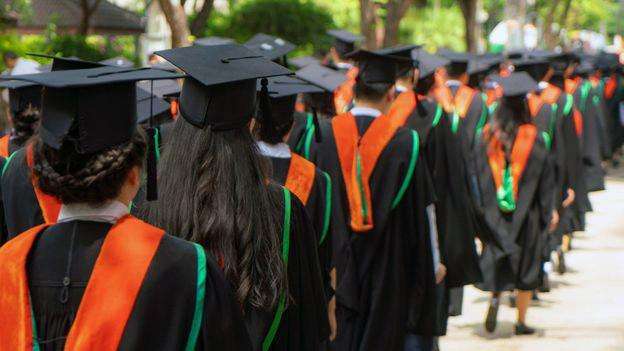
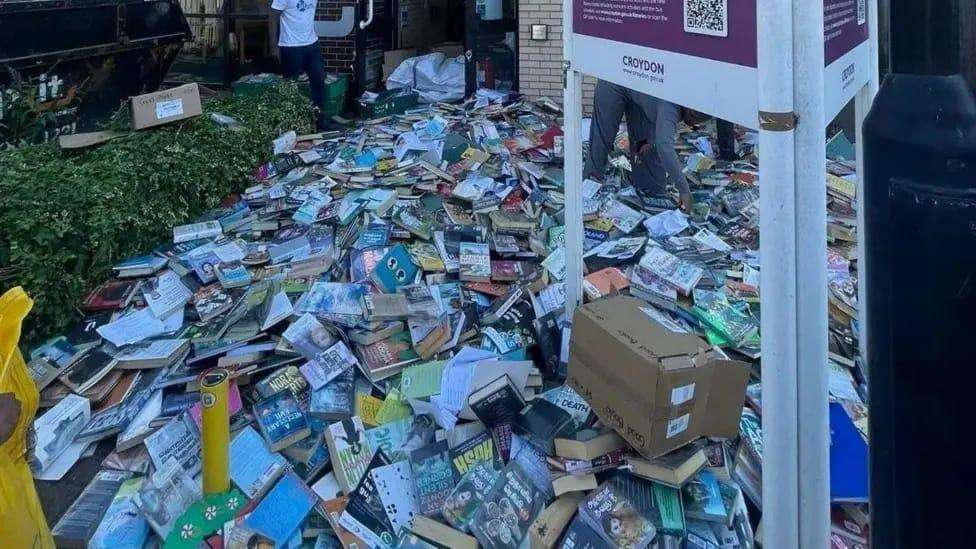
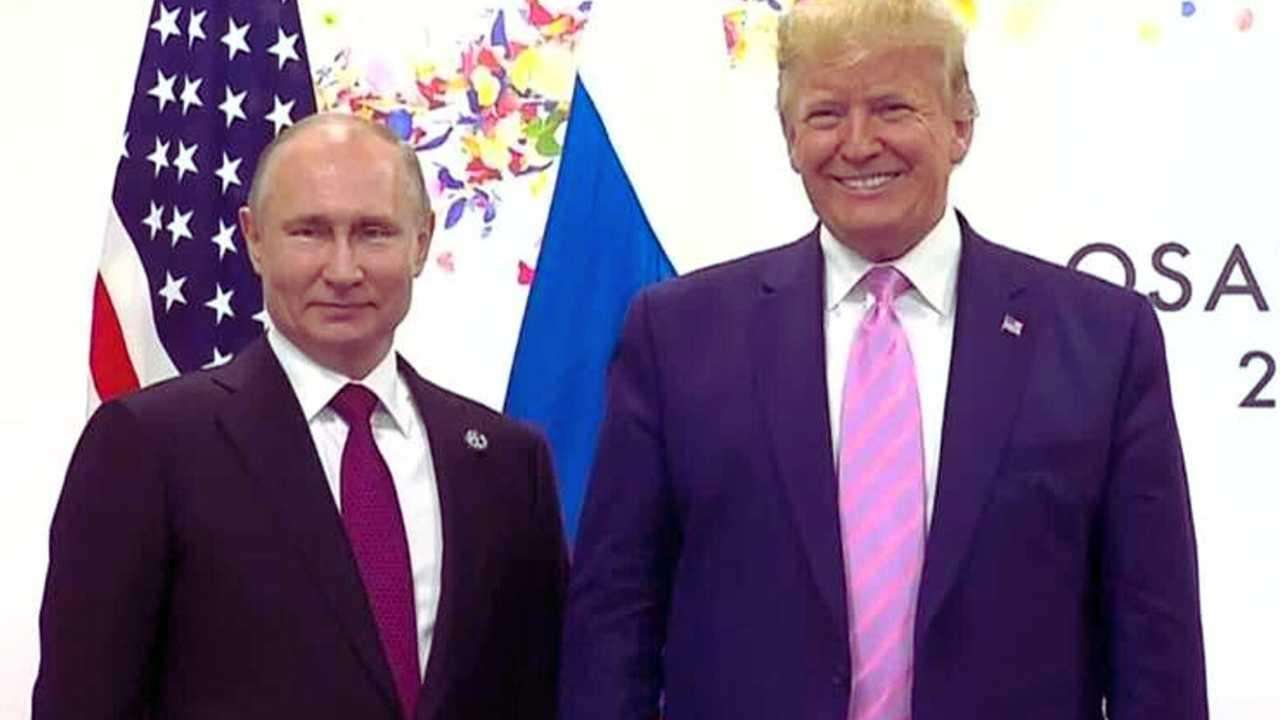
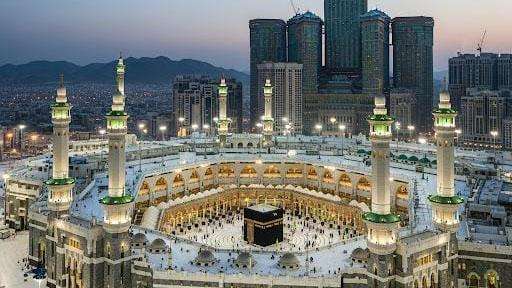
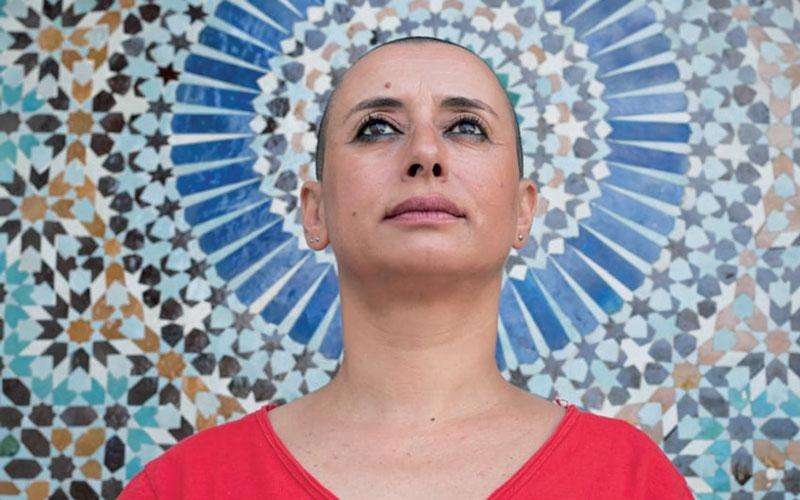


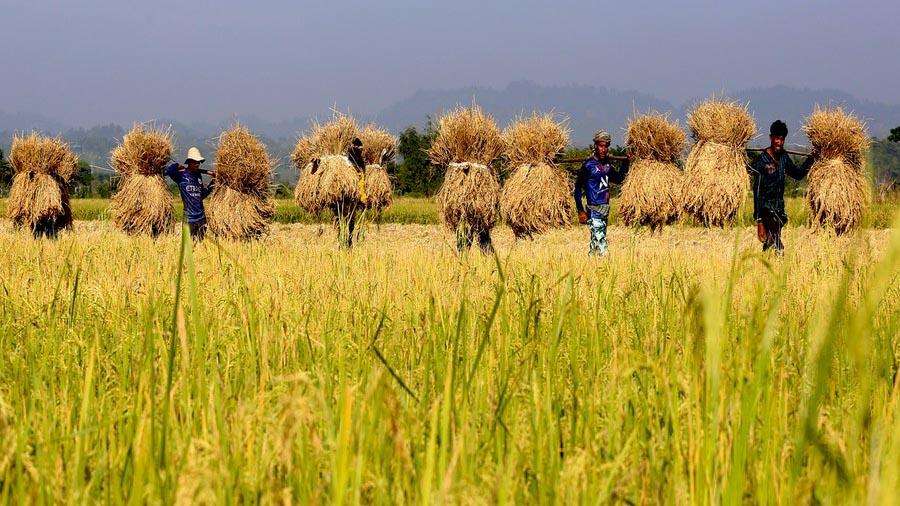
.svg)


